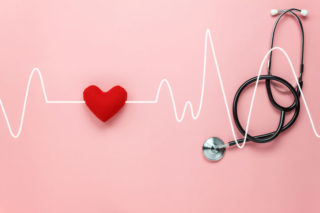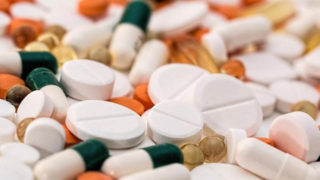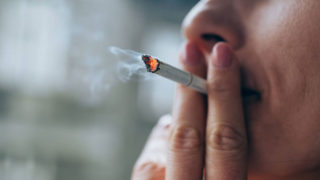Optimal conditions for plastic surgery

The decision to undergo plastic surgery must be something thoughtful and organized. It cannot be something sudden, unreflected, since the result, most of the time, is irreversible. Subjecting the human body to a surgical intervention is a stress for it, a kind of “aggression.” That is why in aesthetic surgery, since it is something premeditated and organized, we have the opportunity to take the body to this “aggression” (surgical intervention) in optimal conditions.
And what are these optimal conditions?
Well, those that provide the body with better tolerance to the intervention, a minimization of operative risks, and a better and faster recovery. That is, the idea is to subject a body to surgery in optimal conditions so that it involves the least possible aggression.
Nutrition
 We are talking about good perioperative nutrition, that is, a good nutritional status of the patient both before and after the intervention. This implies having an adequate body mass index to reduce complications, improve recovery and even achieve a better result from the intervention. It also implies a balanced diet that provides us with all the necessary nutrients. In many cases, protein intake must be increased both before and after the intervention. And finally, remember that the perioperative period is not the time to go on rigorous diets since the body needs a good “gasoline” to recover from the stress it is going to undergo.
We are talking about good perioperative nutrition, that is, a good nutritional status of the patient both before and after the intervention. This implies having an adequate body mass index to reduce complications, improve recovery and even achieve a better result from the intervention. It also implies a balanced diet that provides us with all the necessary nutrients. In many cases, protein intake must be increased both before and after the intervention. And finally, remember that the perioperative period is not the time to go on rigorous diets since the body needs a good “gasoline” to recover from the stress it is going to undergo.
Health condition
 Another aspect to take into account is the patient’s health status. It will be necessary to avoid making unnecessary interventions on patients in poor health, or to resolve/control present health problems before carrying out the operation. Such as diabetes, high blood pressure, dermatological problems, autoimmune problems, etc. It will also be necessary to rule out pathologies or unfavorable conditions prior to some interventions, such as performing breast imaging tests prior to a mammoplasty from a certain age, ruling out ophthalmological problems prior to a blepharoplasty, ruling out abdominal hernias prior to abdominal surgery, among others. others.
Another aspect to take into account is the patient’s health status. It will be necessary to avoid making unnecessary interventions on patients in poor health, or to resolve/control present health problems before carrying out the operation. Such as diabetes, high blood pressure, dermatological problems, autoimmune problems, etc. It will also be necessary to rule out pathologies or unfavorable conditions prior to some interventions, such as performing breast imaging tests prior to a mammoplasty from a certain age, ruling out ophthalmological problems prior to a blepharoplasty, ruling out abdominal hernias prior to abdominal surgery, among others. others.
Previous medication
 The treatments (medication and supplements) that the patient takes will also have to be evaluated, because there are some that can interfere with the operation and will need to be regulated.
The treatments (medication and supplements) that the patient takes will also have to be evaluated, because there are some that can interfere with the operation and will need to be regulated.
Tobacco
Tobacco consumption is also very important; it is totally discouraged perioperatively, since it exponentially increases the risks of poor healing problems, among others. In fact, there are plastic surgery interventions that cannot be performed until the patient commits to stopping smoking during the perioperative period.
And of course it will also be necessary to attend the intervention in a correct state of personal hygiene, to reduce the risk of infection, and maintain it afterward.
Sleep
 Finally, highlight the relevance of correct sleep hygiene. Correct rest will favor both the intervention and postoperative recovery, since a rested body is a body with more resources to recover.
Finally, highlight the relevance of correct sleep hygiene. Correct rest will favor both the intervention and postoperative recovery, since a rested body is a body with more resources to recover.
Dr. Patricia Martínez is a registered plastic surgeon, member of the College of Physicians of Valencia and SECPRE (Spanish Society of Plastic, Aesthetic and Reconstructive Surgery).






